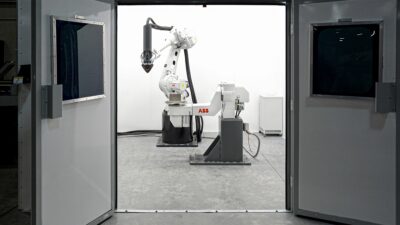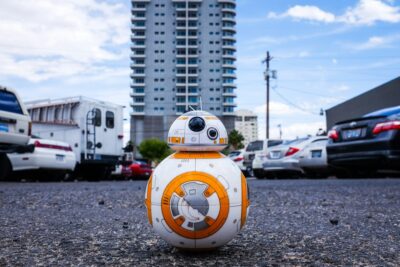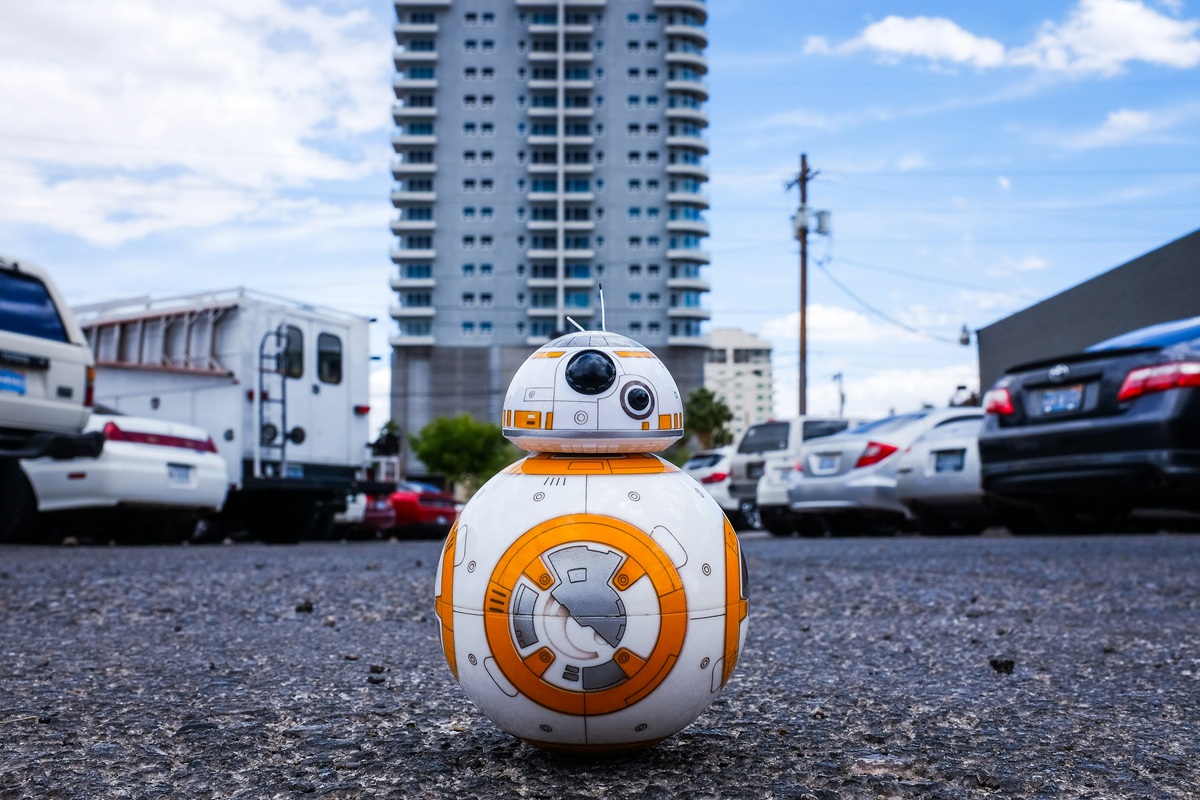The world is rapidly changing thanks to AI and the future of work, a powerful combination that is reshaping industries and job markets worldwide. From
The world is rapidly changing thanks to AI and the future of work, a powerful combination that is reshaping industries and job markets worldwide. From automation in factories to intelligent software in offices, artificial intelligence is transforming how we do business and challenging us to rethink what jobs will look like in the next five years. So the big question on everyone’s mind is: Will your job still exist in five years?

👉 “Will my job still exist in five years?”
Whether you’re a student, an employee, or an entrepreneur, the answer depends not just on what you do—but on how willing you are to adapt. In this post, we’ll explore how AI is changing the workplace, which jobs are at risk, which careers are safe, and how you can future-proof yourself to stay ahead.
💼 How AI Is Already Transforming the Workplace
AI isn’t just about robots taking over—it’s about software, algorithms, and tools that can think, learn, and adapt. These technologies are already integrated into everyday life:
-
In finance, AI can analyze market trends faster than any human.
-
In healthcare, it helps detect diseases like cancer earlier through image analysis.
-
In logistics, companies use AI to manage inventory, shipping, and customer data efficiently.
-
In education, students are using AI tutors and apps to get personalized learning.
In fact, if you’ve used ChatGPT, Grammarly, Google Translate, or even Netflix—you’re already interacting with AI.
According to a report by PwC, AI could contribute up to $15.7 trillion to the global economy by 2030. The potential is massive—but so is the disruption.
⚠️ Which Jobs Are Most at Risk from AI and the future of work?
Not every job is equally vulnerable to automation. Generally, routine, repetitive, and rules-based jobs are at the highest risk. AI can handle tasks that require speed, precision, and logic—often better than humans.
🔥 Jobs that may disappear or be drastically changed:
-
Data entry clerks and administrative assistants
-
Telemarketers and customer service reps
-
Cashiers and retail workers
-
Basic bookkeeping and accounting
-
Fast food and assembly line workers
-
Basic content writers (e.g., product descriptions, simple news articles)
The World Economic Forum predicts that by 2025, 85 million jobs may be displaced by AI and automation. That sounds alarming—but the story doesn’t end there.
✅ Which Jobs Are Safe—or Even Growing—Because of AI?
Some roles are not just resistant to automation—they’re thriving because of it. These are jobs that require:
-
Human interaction
-
Creativity
-
Emotional intelligence
-
Complex decision-making
-
Physical dexterity
🧠 Jobs likely to grow or evolve with AI:
-
Healthcare workers (nurses, doctors, therapists)
-
Creative professionals (designers, marketers, filmmakers, writers)
-
Engineers and data scientists
-
Tradespeople (electricians, plumbers, builders)
-
AI specialists (prompt engineers, machine learning experts)
-
Teachers and coaches
Rather than replacing these jobs, AI can act as a powerful tool to help professionals do their work better and faster.
🔧 How to Future-Proof Your Career
If you want to thrive in the AI-powered world of tomorrow, you need to start evolving today. Here are practical steps to help you stay relevant:
1. Learn to Use AI Tools
Start using platforms like:
-
ChatGPT for writing, brainstorming, and research
-
Canva AI for design
-
Notion AI for productivity
-
Khan Academy’s Khanmigo for tutoring and learning
These tools can improve your efficiency and creativity.
2. Master Soft Skills with AI and the future of work
AI can’t replicate emotional intelligence. Focus on:
-
Leadership
-
Communication
-
Empathy
-
Adaptability
-
Critical thinking
3. Keep Upskilling
The best investment is in yourself. Learn:
-
Data analysis and digital marketing
-
Programming basics (e.g., Python, SQL)
-
UX/UI design or cybersecurity
-
Personal branding and content creation
Free and affordable learning platforms include Coursera, Udemy, YouTube, and LinkedIn Learning.
4. Think Entrepreneurially on AI and the future of work
AI can help you start a side hustle or grow your business. Examples:
-
Use AI to create social media content
-
Automate email marketing
-
Offer AI-powered consulting or services
📈 Is AI Replacing Jobs—or Creating New Ones?
Here’s something most people overlook: while AI will make some roles obsolete, it will also create entirely new jobs that never existed before.
New careers emerging because of AI:
-
AI ethicists and auditors
-
Prompt engineers
-
AI trainers and explainers
-
Virtual reality designers
-
Automation strategists
The World Economic Forum estimates that AI could create 97 million new jobs by 2025. The key is to align yourself with the direction the world is heading.
Is Your Job Safe with AI and the future of work?
No job is 100% future-proof—but your mindset can be. If you’re willing to learn, adapt, and grow, you’re already ahead of the curve.
Ask yourself:
-
Am I learning skills AI can’t easily replicate?
-
Am I using AI tools to boost my productivity?
-
Am I willing to pivot if my job evolves?
If the answer is yes, you’re on the right path.
Adapt or Be Automated?
Artificial intelligence isn’t the enemy—it’s a new chapter in human progress. Just like the internet revolutionized the 2000s, AI is redefining how we work, learn, and live in the 2020s and beyond.
Don’t fear the future—shape it.
Use AI as a tool, not a threat.
Keep evolving, and your job won’t just exist in five years—it might be better than ever.

💬 What Do You Think on AI and the future of work?
Are you excited or worried about AI and your career?
Share your thoughts in the comments, or forward this article to someone who needs it!




COMMENTS